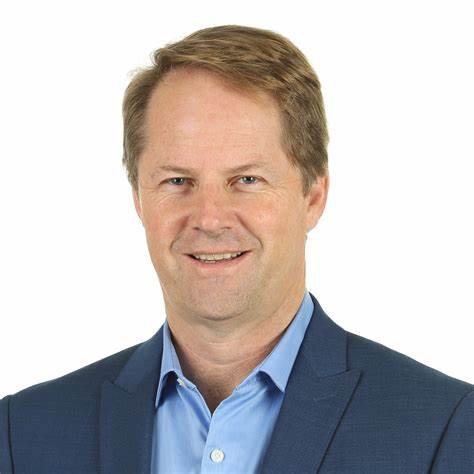Velocity Financial, an originator and manager of investor real estate loans, said in its fourth-quarter and full-year results that it managed growth in the face of a turbulent real estate market.
“2022 was an exceptional year for Velocity. Last year, we delivered record loan production, portfolio growth of 36%, and the highest annual generally accepted accounting principles and core net income in the company’s history,” Chris Farrar, Velocity president and chief executive, said. “While the market environment presented us with challenges resulting from the precipitous rise in interest rates, Velocity’s extensive track record of solid performance allowed us to issue six securitizations throughout the year, facilitating our impressive portfolio growth.”
The Westlake Village-based company reported net income of $32.2 million last year, compared to $29.2 million in 2021. Last year’s fourth quarter accounted for $8.5 million in net income.
Velocity’s loan portfolio is largely represented by rental property loans, followed by mixed-use and multifamily loans. The size of the loan portfolio, which increased from 2021 to last year, was driven by strong loan production volume and reduced payoff activity, according to the company.
Loan production volume in the fourth quarter totaled $278 million in unpaid principal balance, which was a decrease of 44.2% year over year.
The company attributed the decrease to volatility in the securitization market.
Despite the down quarter, the company posted a 33% increase in loan-production volume for the full year, reporting $1.8 billion in unpaid principal balance.
In its earnings presentation, the company listed business drivers including a strong demand for income-generating rental properties and small businesses, lower transaction volumes and the rate of real estate price appreciation moderating further this year.
“We see considerable potential to grow our core business, which is underpinned by persistent demand for income-generating rental properties and small businesses that want to own the property where they operate,” Farrar said.
